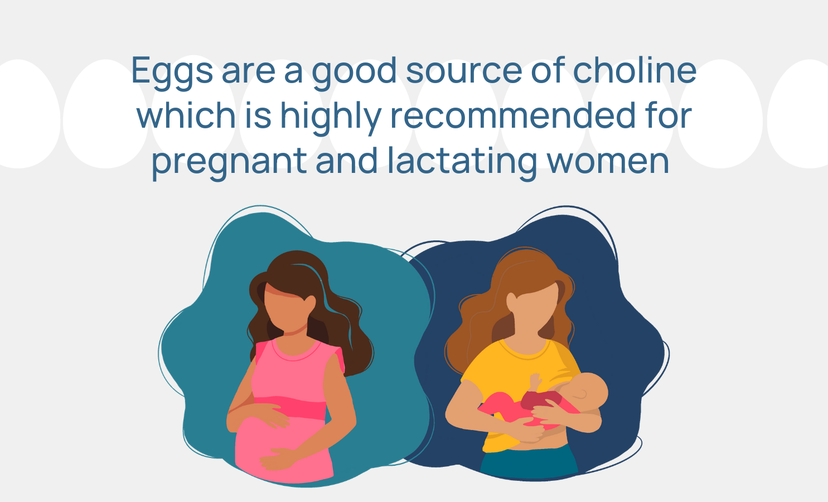5 Ways Eggs Support a Fairer and Healthier World
World Health Day is celebrated on 7 April every year to increase awareness of important global health issues. In 2021, the global egg industry was delighted to support the World Health Organization (WHO) in raising awareness of the need to build a fairer and healthier world.
Eggs contain 13 essential vitamins and nutrients, making them one of the most nutrient dense foods available to humankind. To celebrate World Health Day, we are sharing five ways enjoying eggs as part of a balanced diet can support a fairer and healthier world.
1. Eggs provide the highest quality protein of all food sources
Eggs provide the highest quality protein of any food source, closely matching human requirements for essential amino acids[1]. Starting the day with a dose of high-quality protein, like eggs for breakfast, can help provide energy for the whole day.

2. Eggs are a great source of choline, which is essential for brain health
Choline is an essential nutrient which is critical for brain health at all stages of a person’s life, especially for foetal brain development[2]. Despite this, choline is often under consumed. Eggs contain one of the highest amounts of choline of any food, making them a great addition to all diets, but particularly useful in the diets of pregnant and lactating women[3].

3. Eggs are one of the few natural food sources of vitamin D
Vitamin D is an essential nutrient which contributes to the maintenance of normal bones and teeth[4], as well as supporting the normal function of the immune system[5]. However, 1 in 8 people globally are estimated to have a vitamin D deficiency or insufficiency[6]. Eggs are one of the few foods which naturally contain vitamin D, so enjoying them as part of a healthy balanced diet can support you to meet your daily requirements[7].

4. Eggs are also a natural source of vitamin B12
Vitamin B12 contributes to the formation of red blood cells and normal energy metabolism, yet many children and adults do not consume enough[8]. Vitamin B12 is only naturally present in animal-sourced foods or those that have been fortified. This makes eggs a particularly valuable inclusion to vegetarian diets as they provide vitamin B12, which is often low in such diets[9].

5. Eggs are an optimal source of micronutrients at an affordable price
Research conducted by Gain Alliance and Unicef explored the nutrient gaps and affordability of complementary foods for young children in Eastern and Southern Africa and South Asia. The research found that eggs are one of the most affordable sources of commonly lacking nutrients such as vitamin A, iron and folate, which are critical for child growth and development[10].

References
[1] Journal of Sports Science and Medicine
[2] Nutrition Reviews
[3] Nutrition Today
[4] New England Journal of Medicine
[5] Nutrients
[6] Age and Ageing
[7] Australian Eggs
[8] British Medical Journal (BMJ)
[9] Annual review of nutrition
[10] Nutrition Reviews